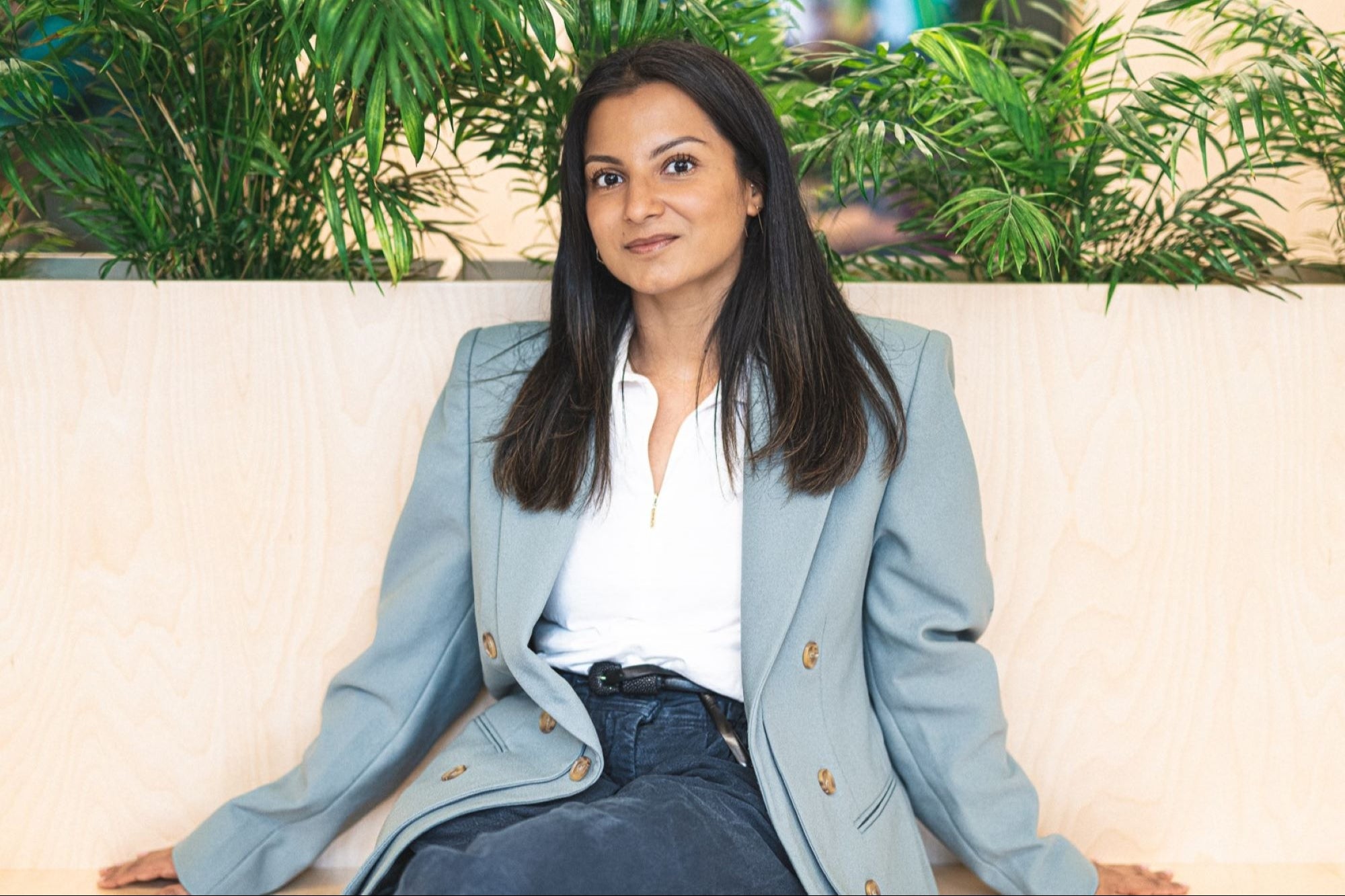The CV Is Dead The future of hiring is skills-first
Opinions expressed by BIZ Experiences contributors are their own.
You're reading BIZ Experiences United Kingdom, an international franchise of BIZ Experiences Media.

After 100 unanswered job applications, Applied CEO Khyati Sundaram is rebuilding the hiring system she says is broken beyond repair.
In 2018, Khyati Sundaram found herself on the job hunt. On paper, she was everything a top employer could want: two master's degrees, blue-chip experience at JP Morgan and RBS, and the founder of an award-winning startup. She expected some hurdles - no one walks into the perfect role overnight - but nothing prepared her for what followed. "Eight months and more than 100 unanswered applications later, I was right where I'd started - at square one," she says. "I'd poured hours into researching companies, perfecting my CV, crafting tailored applications. But I was repeatedly met with either rejection or silence." The silence was the hardest part. "No feedback. Not even a courteous 'no thank you.' It meant I had no idea why I wasn't progressing. I was left applying to roles in the dark."
It's a story that resonates with job seekers everywhere: the ghosting, the black hole of online applications, the sense that even the most impressive CVs can't guarantee a response, let alone a role. For Sundaram, it was a wake-up cal - and ultimately, a turning point. Today, as CEO of Applied, an ethical AI hiring platform, she's on a mission to change the system that failed her. Sundaram is unequivocal about one thing: "It's beyond comprehension that we're still judging job applicants using a centuries-old method that says little about talent."
The CV, she argues, is a poor proxy for potential. It tells you where someone has been, but not what they can do. "Previous experience is an inaccurate measure of ability - and now, with tools like ChatGPT, anyone can craft a flawless CV. Skills are what really matter." And the numbers back her up. Applied's anonymised, skills-based hiring approach predicts candidate performance three times more accurately than traditional CVs. It's not just more predictive - it's more inclusive. "This method leads to a 93% retention rate. When you hire for capability, not background, you get better, more committed employees."
AI is fast becoming a fixture of recruitment - but for Sundaram, it's not a cure-all. "It's a double-edged sword," she says. "AI can streamline hiring, but it can also deepen inequality." The problem lies in "black box" AI—tools that spit out recommendations with no transparency. "If recruiters can't see how decisions are made, they can't challenge biased or inaccurate outcomes. And AI trained on garden-variety data tends to replicate existing biases- like valuing certain job titles over transferable skills." That said, Sundaram isn't anti-AI. In fact, she believes ethical AI can be a powerful force for good - if it's used with care.
"AI trained on de-biased data can anonymise applications and eliminate irrelevant signals like names, schools, and employment gaps. It can even scan job descriptions for masculine-coded language to make them more inclusive. The key is using it as a tool to reduce bias - not amplify it."
One of the biggest misconceptions Sundaram sees in hiring today? That unconscious bias training will solve everything. "It can be a good starting point to raise awareness," she concedes. "But its effectiveness drops significantly after eight weeks. Bias is systemic. You can't train it away - you have to design it out." That means rethinking the process from the ground up. "If you remove irrelevant information from applications and focus on role-relevant skills, bias doesn't have a chance to creep in. You're left with a clearer picture of who's truly the best person for the job."
To anyone stuck in the job search spiral—talented, qualified, and yet perpetually overlooked—Sundaram offers a simple message: "Never doubt your worth. If you're not progressing, it's not a reflection of your talent. The system is broken." The good news? There are companies doing things differently. "Look for employers who prioritise skills over experience, and ethical tech over black-box algorithms. If they're focused on what you can do - not just where you've been - your talents won't go unnoticed."
Sundaram's journey from disillusioned job seeker to reformer-in-chief is a testament to what's possible when someone challenges a broken system - and chooses to build a better one. "The hiring system we have now is not just outdated. It's unethical, ineffective, and unsustainable," she says. "But we have the tools to fix it. We just need the will to use them."












